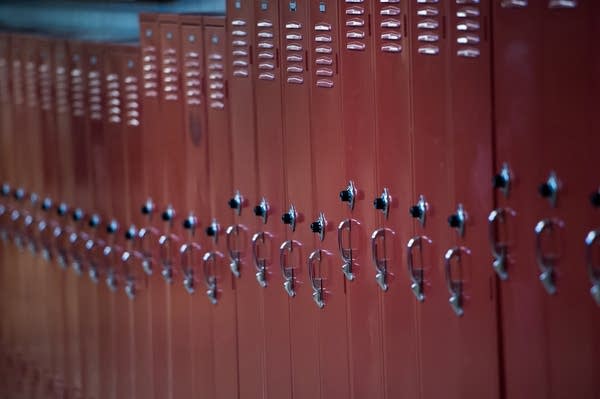Cash-strapped schools await word of veto decisions

Go Deeper.
Create an account or log in to save stories.
Like this?
Thanks for liking this story! We have added it to a list of your favorite stories.
School leaders are in wait-and-see mode after the end of the legislative session. Several wide-ranging bills include one-time funds for school district safety improvements and other uses, but the bills have also drawn a veto threat from Gov. Mark Dayton.
Tax and spending bills passed over the weekend would set aside $50 million that districts could use for any purpose, and about $20 million for school safety improvements. There is also money for other safety-related items like mental health programs, security audits and school police officer training.
Minnesota School Boards Association director Kirk Schneidawind said schools need the funds, although advocates had hoped for $138 million in one-time school money Dayton proposed earlier this month.
"The [bill] provides districts flexibility, there's no question about it, but the dollar amounts — it's a difference," Schneidawind said.
Turn Up Your Support
MPR News helps you turn down the noise and build shared understanding. Turn up your support for this public resource and keep trusted journalism accessible to all.
The school safety funds are also one-time-only, which means school districts would probably do one-time spending, said Scott Croonquist of the Association of Metropolitan School Districts.
"In all likelihood, school districts would need to spend the vast majority of that on facilities upgrades and enhancements, as opposed to hiring staff like school counselors or social workers," Croonquist said.
Lawmakers also passed a bonding bill with money for school safety.
The spending bill also contains several policy measures that would affect schools. One would require state officials to assign each school an annual rating on a scale from zero to 100.
Dayton will have 14 days to approve or veto lawmakers' work. He's threatened to veto the tax and spending measures.
Dayton is expected to sign a pension bill that Minnesota Rural Education Association director Fred Nolan said was the group's top priority. The pension bill addresses retirement plans for public employees, including teachers. It would make reforms and add money to help ensure pension plans can continue paying benefits in coming years.
"We think that's an endorsement and shows confidence in our teachers and public servants in the state," Nolan said.


